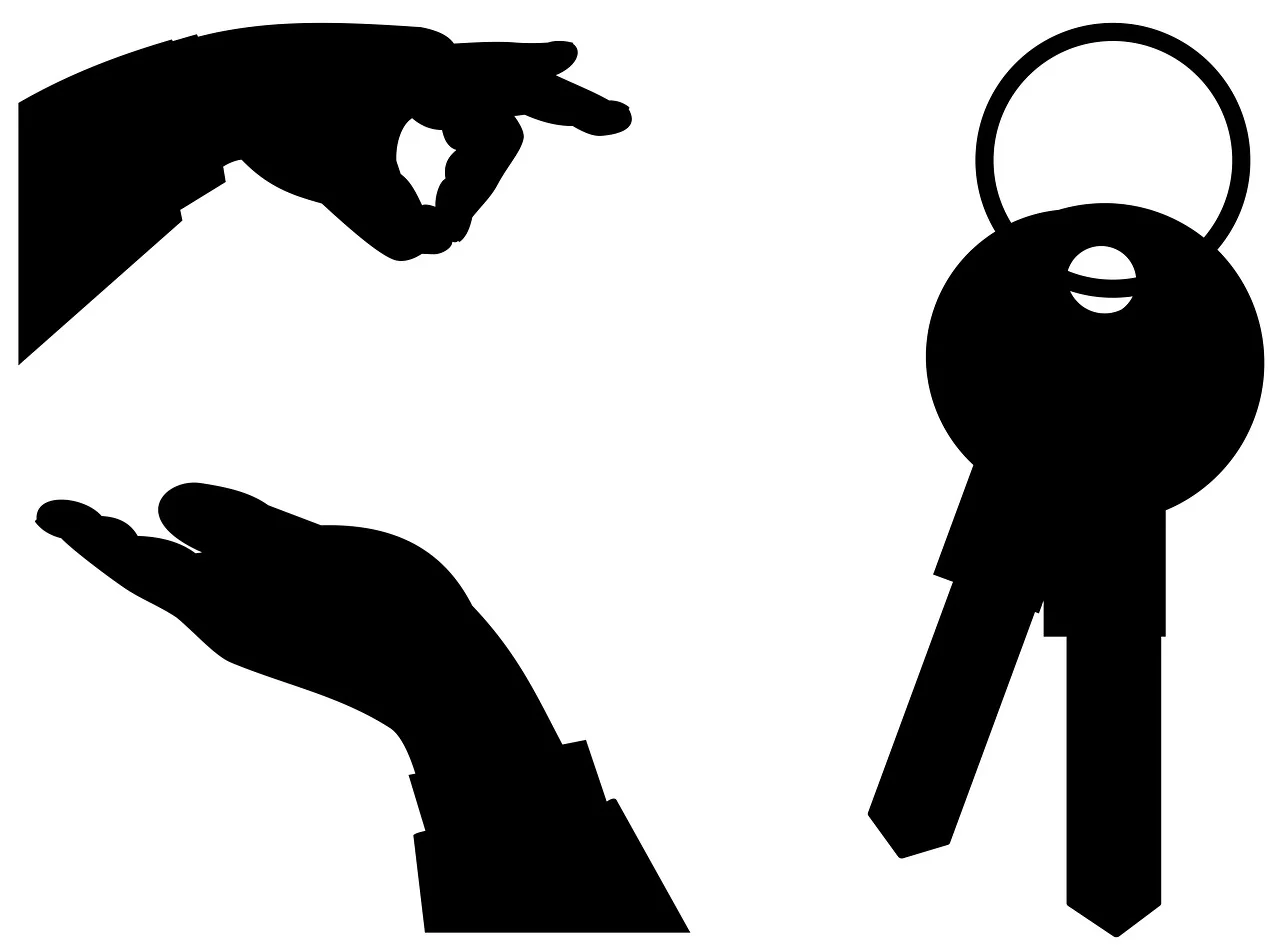Purchasing a house is one of the largest investments most people ever make. But what about when the economy seems shaky? Economic ebbs and flows create insecurity for anyone — employment, interest rates, home prices; lots can change fast. Which leaves some people wondering if this is a bad time to buy a house, or if they should be holding out for more stable conditions.
I mean, the truth is that there is never a realistic one-size-fits-all answer to this question. Everyone is in different circumstances, and the housing market has many moving parts that respond to economic changes in intricate ways. This is an article that talks about the biggest risks and rewards of buying a house during times of economic instability. It allows you to know what to look for and how your financial goals can be fulfilled in the best possible way.
For those interested in growing their wealth, consider how you can turn rental dreams into reality with investment property loans in California — a smart way to build income and secure your financial future even in changing markets.
Understanding Economic Uncertainty and Its Impact on the Housing Market
Insecurity for the future based on economic uncertainty. Increasingly, it is by inflationary upswings, stock market declines, or large global shocks. This uncertainty impacts both buyers and sellers in the housing market. When the economy slows, people may decide to hold off on making large purchases, such as homes. Maybe sellers will cut prices to bring in buyers — or hold off for more favorable circumstances. This tug of war sometimes translates into fluctuations in the price of housing.
The other big deal is interest rates. Therefore, when economic growth is weak as a result of insufficient household consumption or business investment, the Federal Reserve must typically drop interest rates to try to encourage households and businesses not to save so much by retaining profits, in order that they instead spend these savings and profits, increasing consumption and investment. All other things being equal, cheaper mortgages = more demand for housing. The higher the cost of a loan, the less likely people are to want to borrow money for some things.
In general, an economic policy may halt the real estate market or make home prices rise and fall with fluctuating mortgage rates. Recognizing those impulses leaves you with a broader perspective from ‘ground zero’ when making an entry.
Financial Risks and Opportunities When Buying a Home Now
Buying a home in times of uncertainty has its own set of risks, but you get the opportunity to buy it cheap (if all works out) and some money as well to invest, once things normalize. The potential risk is that your home could still fall in value after you buy. That would mean your home is underwater — you owe more on a mortgage than the home to which the mortgage applies is valued. This may have you having difficulty refinancing or selling down the road without taking a loss.
If you have a variable-rate loan, interest rates could also go up, which might make your monthly payments higher (or if you refinance). The result is that job loss or reduced income will put even more financial pressure on borrowers, which will make it harder for them to afford their mortgage repayments.
However, slower markets can also mean fewer buyers and reduced competition — which could translate to better deals. Sellers may be more amenable to negotiations on price, closing costs, or home repairs. Historically, mortgage rates may be low as well, meaning borrowing money could be less expensive.
How to Protect Yourself from Market Fluctuations
Preparation is essential when buying in unpredictable times. The first thing you must do is to assess your finances. Know your Income, Debts, Expenses. This allows you to create a realistic budget for what your desired vehicle costs as well as what you can afford on monthly payments.
Shop around for mortgage options. Locking in your interest rate with the bank on a fixed-rate loan means that you are protected from any increases in the future. Do not use adjustable-rate mortgages if you seek payment stability.
You should have a good emergency fund saved (3 to 6 months of living expenses ideally) The idea here is to have a cushion should there be any unforeseen expenses or loss of job.
Get a professional home inspection. All the great deals in the world will be negated if we enter a crappy economy because that is when sellers start getting sleazy or cutting corners. Well, knowing precisely what condition a home is in can save you thousands of dollars in surprises later on.
Consider the location and form of residence. During difficult times, certain local areas or property types will retain the highest value. Before you dive in, research market trends at the local level
Lastly, stay informed. Keep An Eye on Economic Data and Housing Market News. Understanding exactly what you can afford will allow you to better time your purchase or negotiate terms.

